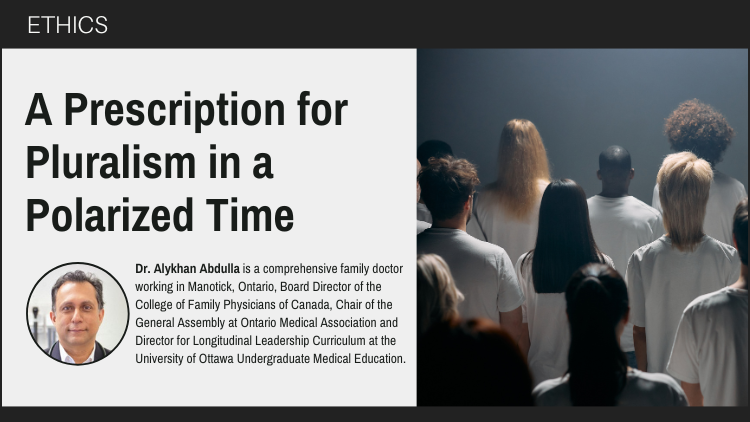is a comprehensive family doctor working in Manotick, Ontario, Board Director of the College of Family Physicians of Canada, Chair of the General Assembly at Ontario Medical Association and Director for Longitudinal Leadership Curriculum at the University of Ottawa Undergraduate Medical Education. Editor in Chief/Author Journal of Current Clinical Care SPORTS MEDICINE, Past Chair Section of General and Family Practice Ontario Medical Association, Bruyere Foundation
